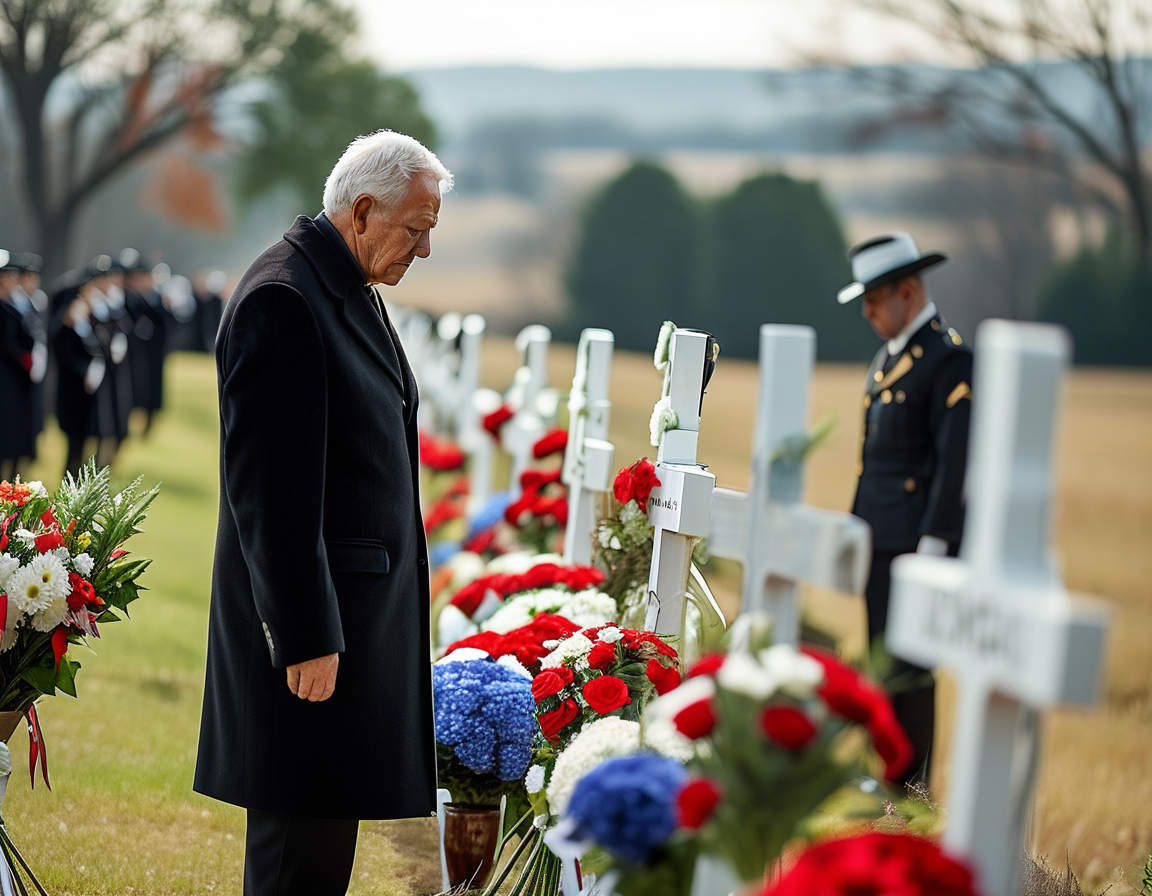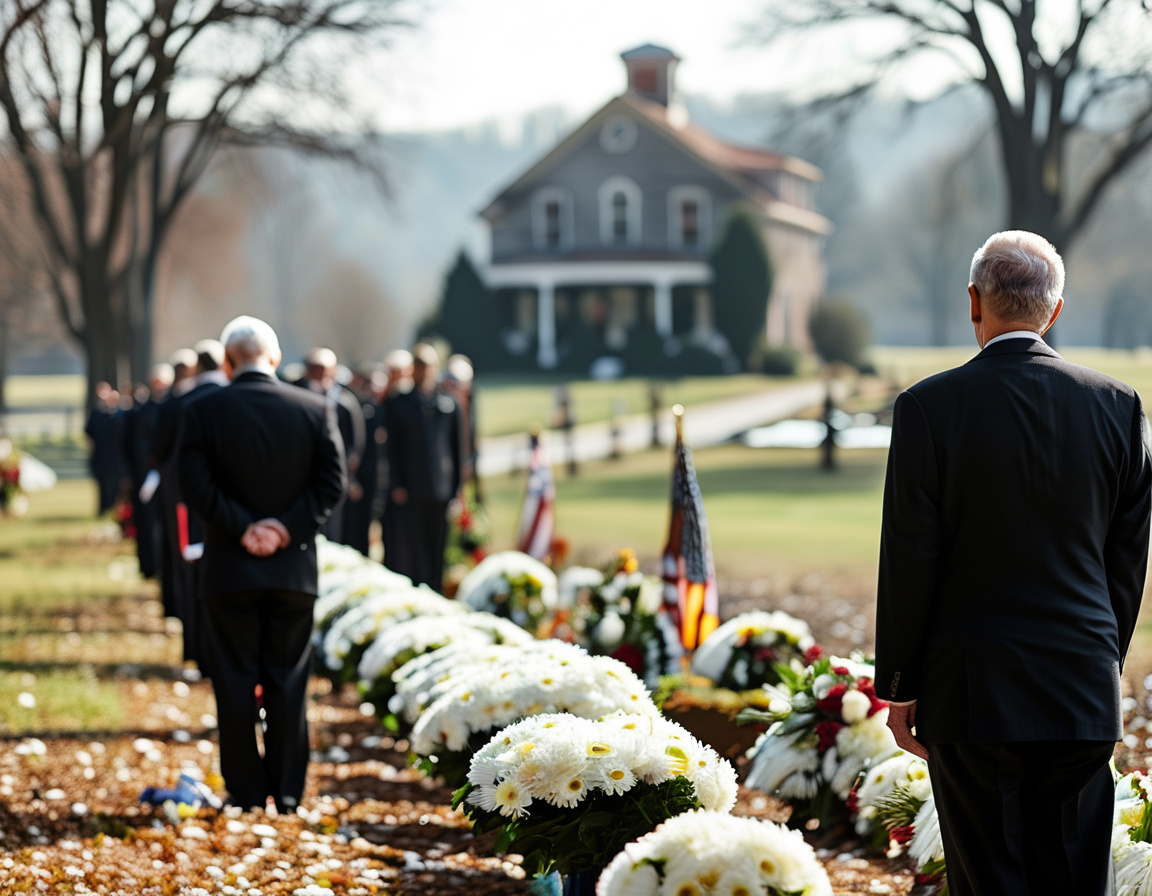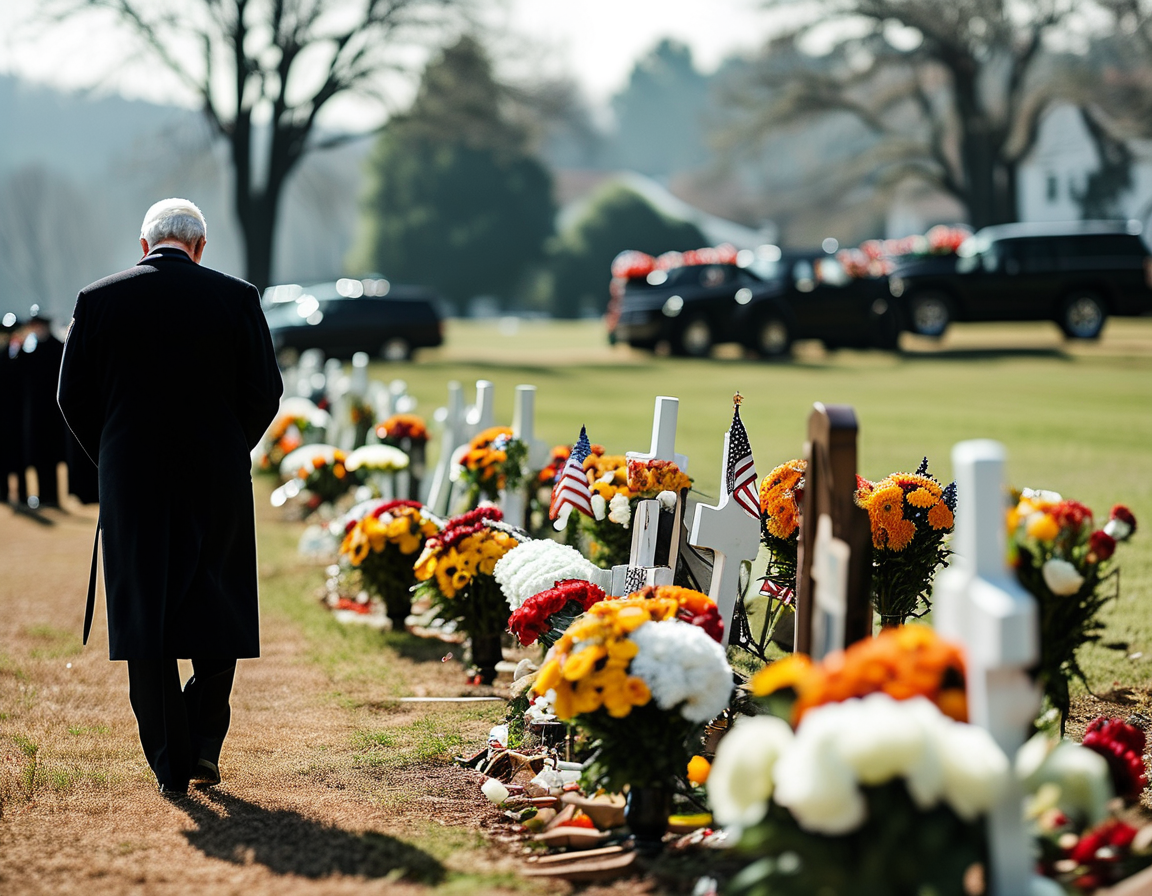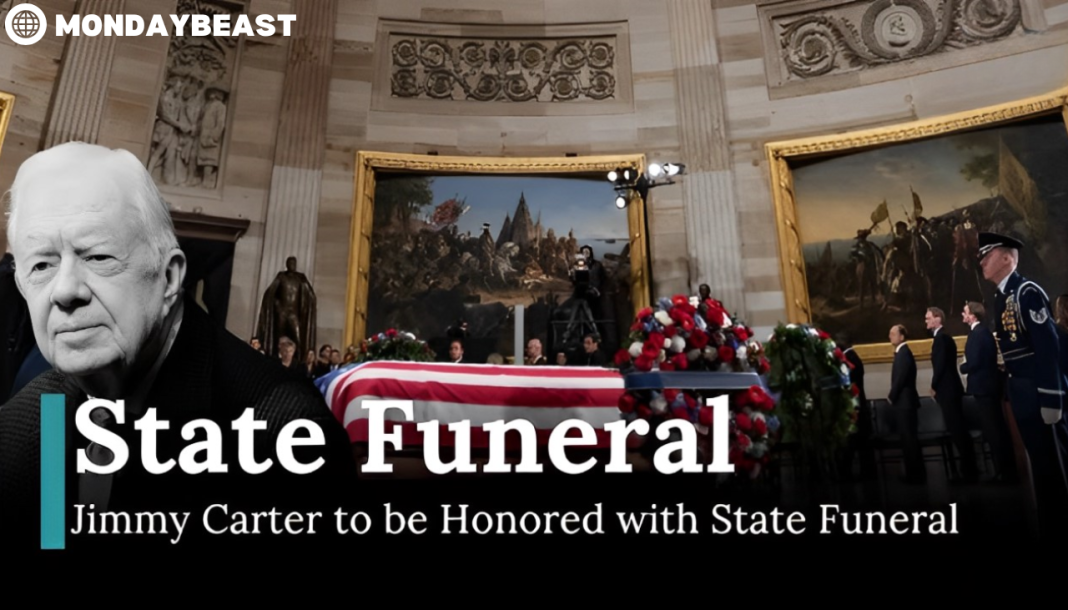Jimmy Carter’s passing marks a profound moment in American history. As the longest-lived president, his death is felt deeply by many. But what will his legacy truly mean for future generations?
A state funeral is set to honor this remarkable life. The proceedings will commence in Plains, Georgia. His beloved hometown will undoubtedly feel the weight of nostalgia and grief.

Why is it important to reflect on Carter’s contributions now? He represented a time when humility and service were core values in leadership. Many hope these traits can be revived.
The motorcade through Plains will be a sight to behold. It pauses at his family farm, a poignant reminder of his roots. For those who knew him, witnessing this will be an emotional experience.
After the ceremony in Georgia, Carter’s remains will go to Atlanta. A moment of silence will be held at the state capitol. Georgia leaders will pay their respects. What does it say about a state’s pride when a local hero is honored like this?

Carter will then lie in repose at the Carter Presidential Center. The public can pay homage until early Tuesday morning. How many will take the opportunity to say goodbye?
Next, he will be brought to the Capitol in Washington. Here, he’ll lie in state, an honor reserved for few. This speaks volumes about his impact on the nation.
A state funeral service will occur at the National Cathedral. Many world leaders will attend, a testament to his international influence. Joe Biden will eulogize, offering personal anecdotes about their long friendship.

The day of the funeral, January 9, will be a national day of mourning. Flags will fly at half-staff across the nation. This is a powerful symbol of respect, don’t you think?
When Biden addressed the nation, he reflected on their shared history. He mentioned that he once endorsed Carter in 1976, showcasing the bond they had built. ‘Today, America lost a remarkable leader,’ he said.
What does it mean to lose such a leader now? This moment may encourage reflection on our political climate. His dedication to humanitarian efforts seems more relevant than ever.
Carter’s family expressed gratitude for the public’s warm tributes. Flags waving at half-staff serve as a collective embrace of sorrow. There’s something truly unifying about shared grief, right?
As we remember Jimmy Carter, let’s also consider his values. From his humanitarian work to his role in peace initiatives, he made an indelible mark. His legacy will inspire future generations.
Will we continue to honor those ideals? Or will his contributions fade into history as just another story? The answer lies in how we choose to remember him.
Ultimately, Carter’s life is a testament to the power of service. His journey from Plains to the presidency shows the depths of his character. How many of us can aspire to such a legacy?
The mourning is not just for his passing but also for what he represented. Let’s honor his memory by embodying the values he cherished. Only then can his legacy truly live on.




